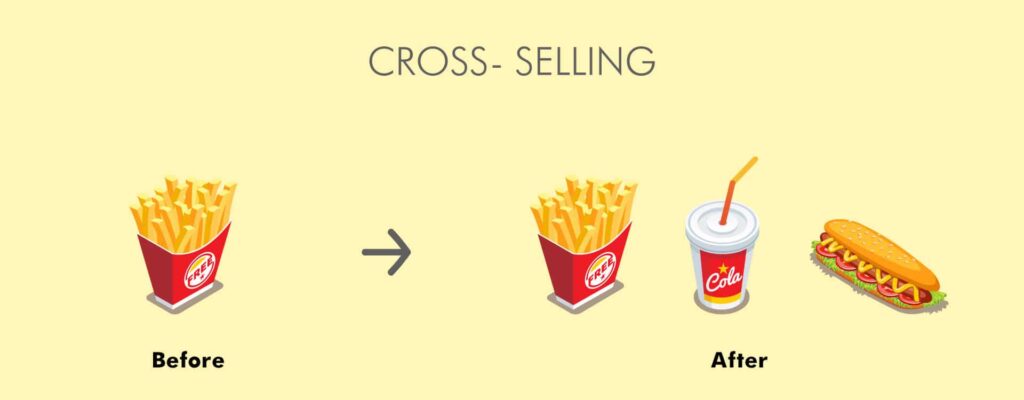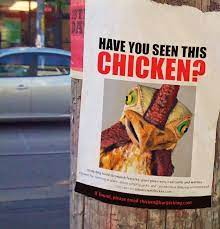Iconic Ads: Gillette – We Believe – The Best Men Can Be

Gillette made social justice a focal point of the advertisement and was the first to address the issue of toxic masculinity.
The short film, conceptualised by Grey ( Joe Mongognia, Patrick Conlon, Abigail Hoeflinger & Brian Pluta) and directed by Kim Gehrig, opens with the question, “Is this the best a man can get?” in reference to the brand’s motto since 1989, “The Best a Man Can Get.” Scenes depicting alleged male negativity—such as bullying, misogyny, sexual misconduct, and toxic masculinity—follow; social movements like #MeToo are acknowledged. It also disagrees with the idea that “boys will be boys,” and it admits that many of its old ads had a very simple view of what it means to be a man.
“We believe in the finest in men: To say the right thing, to behave the right way,” the commercial adds, knowing well well that “the boys watching now will be the men of tomorrow.” To emphasise this point, the original phrase has been revised into “The Best Men Can Be.”
Through this campaign and its accompanying website, Gillette committed $1 million over the next three years to groups like Boys & Girls Clubs of America that “[assist] men reach their personal best” via this campaign and its accompanying website.
A major theme of the Gillette commercial is the idea that guys would want to improve themselves but aren’t sure how. In the aftermath of #MeToo and a national discourse about the conduct of some of the country’s most influential men, Gillette asked men how they would describe a great man. The most common response was, “I know I’m not a horrible person. That’s not me. That’s true, but what I don’t understand is how to improve oneself to that point.
While Gillette didn’t explicitly state it, the commercial may be seen as a preventative measure for businesses facing the kind of sexism and insensitivity claims that have been levelled at a number of companies in recent years.
The Gillette commercial challenges damaging racial prejudices in addition to gender ones. The commercial begins with a black guy looking at himself in the mirror, and it features Terry Crews’ statement before Congress in which he urged males to take action against harmful cultural norms. The film then depicts African-American dads encouraging their daughters, speaking out against sexism, and standing up to teasing males.
The video went viral, with over 12 million views on YouTube and #GilletteAd trending on Twitter throughout the country as of Wednesday afternoon. Many emotional parents posted the YouTube clip on Facebook, saying it had moved them to tears.
Then the inevitable reaction occurred, and it happened just in time for the internet. Different audiences responded differently to the commercial, including men’s rights advocates, Fox News, and others like Piers Morgan. Disposable razors aren’t designed to be flushed down the toilet, yet many uploaded videos and images of themselves doing just that. Many men said the ad was sexist and offensive because it made all men seem like sexists and threw out common ideas about what it means to be a man. No matter how much fuss has been made about “We Believe,” the fact that it exists shows that things are getting better, no matter where it came from.



